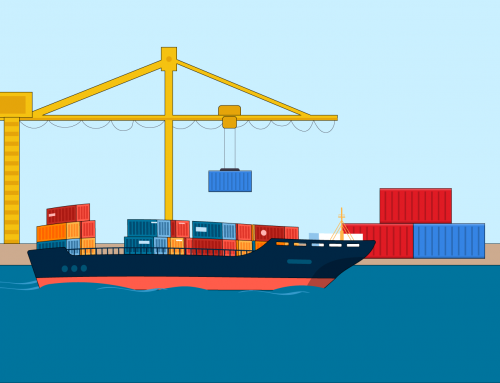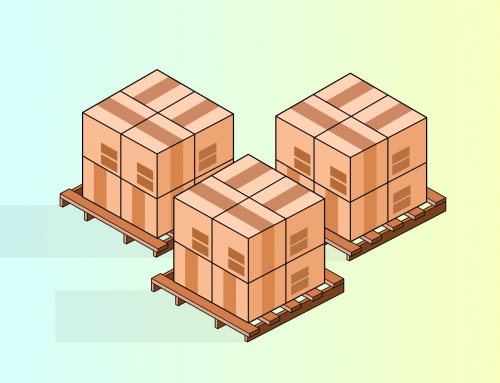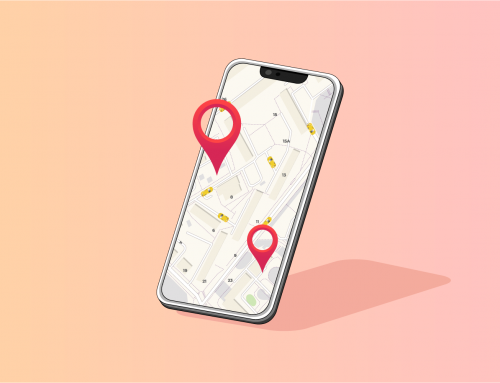Hi, I’m Geoff Runcie and I’m back with another episode of the International Trade Series. This session will focus on an “Introduction to use of Incoterms”. What they are, how to interpret them correctly, and how to apply them. I’m joined once again by renowned global trade expert Murdo Beaton and Abdul Mann, creator of the cloud-based export solution EdgeCTP Blog.
Today you’ll hear just one in a series of questions presented to Murdo, but if you’d like access to the entire session or future sessions there is a link at the end of this blog. Alternatively, feel free to drop me an email on Support or visit www.edgectp.com.
I hope you find this useful and more importantly it gives you the insight to go global.
Geoff:
OK, today’s questions for you. When do we agree, apply, or use of Incoterms?
Murdo:
The use of Incoterms is again a matter that has to be agreed between the parties to the contract. Both parties must agree to the use of Incoterms. When is this agreement taking place? I would very much suggest that this agreement takes place at the earliest possible stage during negotiation, towards the conclusion of the contract. So one would be saying here in response to, “When should they be agreed upon?” the answer is at the negotiation stage of the supply contract.
Abdul:
So when a buyer comes to me and they say can you deliver a widget, that’s the point that I’m saying which Incoterm we use.
Murdo:
Exactly.
Abdul:
And how do we go about applying it?
Murdo:
The selection of the Incoterm to use, of which there are eleven, depends on the aspirations of both parties. Now, one would argue that as far as the export is concerned, it probably would be a better option for the exporter to use the term ExWorks. This would certainly be a consideration for exporters who are not wholly experienced in the area of international trade, but for those more experienced exporters, it may be that the use of another term that takes the delivery point closer to the buyer’s premises might have some marketing advantage.
Abdul:
So the more experienced you are the better service you can deliver to your buyer.
(Scroll down to continue…..)
Murdo:
Indeed, because remember if you use the term ExWorks the expectation there is that the buyer is going to have all the responsibility of bringing the goods from your factory to his own warehouse.
Abdul:
So ExWorks just to paraphrase means “outside your factory gates” basically.
Murdo:
Yes, outside your factory gates, exactly that.
Abdul:
So you come and get it yourself.
Murdo:
Yes, for a new exporter that might seem admirably sensible, but a more mature exporter might look at it differently, and consider offering or considering one the other terms could give them a competitive advantage. Now there are of course other reasons why the use of a particular Incoterm may be driven by external forces. For instance, if I am exporting goods that are subject to export licenses, the Incoterm does suggest that when using ExWorks it is the buyer’s responsibility to look after issues relating to the export license, together with support from the exporter. Nevertheless, as the exporter, I may find myself responsible for these goods on being exported, to be produced to our own Customs Authorities, and that the export license is properly produced and presented to them.
Now, do I leave that up to the buyer or should I be doing it? To make sure that the export licensing authorities will not come knocking on my door and say “Why were these goods exported without a license?” if the procedure had not been properly dealing with! So here I might have to consider ExWorks is not so comfortable for me and maybe now I should use of Incoterms that take my responsibility beyond the location of my own Customs Authorities.
Abdul:
So just to summarise then, you want to be able to choose or agree between both parties which Incoterm to use as soon as possible in the contract negotiation, and then use one that’s applicable to the circumstances for the country to which you’re exporting to, and the experience of the exporter and importer as well. If he’s a naïve importer and doesn’t know how to do it the best way to protect your products from end to end is to do it all for him.
Murdo:
Absolutely and on the other hand it may also be that the importer is a well-established importer, and commonly imports goods from all over the world. In so doing he may have developed relationships with certain carriers that allow the importer to enjoy very preferential rates. Rates that you may not be able to offer the importer in your costing. So here the importer may determine it is economically better for me since I have the skills to do it, to actually come to your country and pick up the goods.
Abdul:
But if you still have to get an export license, the responsibility of making sure the export license is obtained and defined to the authorities, is yours, as the exporter’s responsibility.
Murdo:
Well, the use of Incoterms, depending on which one you use, but if you were using the ExWorks for instance, the Incoterm determines that the buyer has responsibility for that. But, you are a company in that particular sovereign state and you must have some responsibility toward making sure that the regulations of that sovereign state are adhered to. So if there is the issue of an export license I would probably be suggesting that the exporter would be best positioned to control that matter themselves, rather than assign it to the overseas buyer. In that regard, one would then say there might be limitations on the use of ExWorks.
Geoff:
I hope you enjoyed this audio. If you’d like more information on international trade, go to www.edgectp.com.





